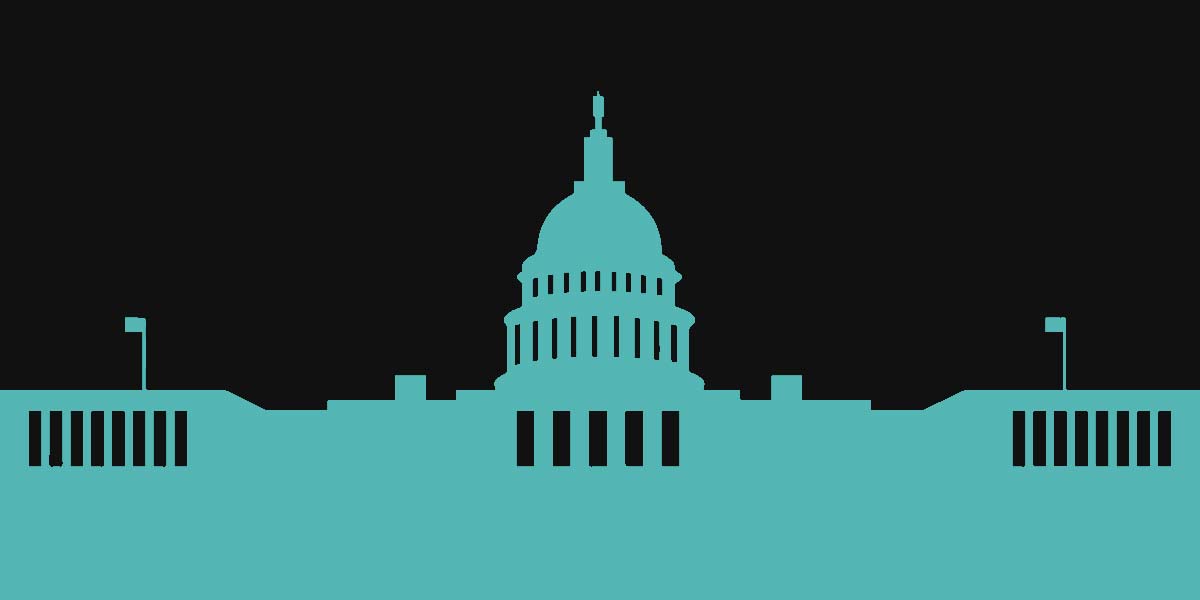Earlier this week, the House Judiciary Committee passed H.R. 1526, a bill by Rep. Darrell Issa to prevent courts from issuing nationwide injunctions. This bill could receive a vote on the House floor as early as next week. Senator Josh Hawley recently introduced a similar bill in the Senate. Both bills would prohibit district courts from handing down injunctive relief orders that apply to parties that are not involved in the case.
EFF opposes both bills. We see this legislation for what it is: a transparent attempt to limit courts’ ability to act as an effective check on the Trump administration’s recent flood of illegal orders and actions – some of which EFF itself is challenging. Congress should firmly oppose any effort to prevent the judicial branch from fulfilling its constitutional duty.
Indeed, this is a remedy in search of a problem. There are already well-established tests for injunctive relief: Courts must consider multiple factors, including the strength of the case against the defendant, the potential harms of granting the injunction, what other relief is available, and the public interest. As part of this analysis, courts can and do tailor the relief they grant to what they conclude is necessary to remedy the harm. Nationwide injunctions may be necessary to stop nationwide unlawful conduct. And if an injunction was improperly granted, its target can appeal to have it overturned.
To be clear, EFF doesn’t agree with every grant of nationwide relief. Courts sometimes get it wrong, often because they misinterpret the law they are asked to apply. If Congress wants to fix that kind of problem, it should draft specific legislation to reform or clarify specific laws. It should not, and cannot, rewrite our constitutional system of checks and balances just because it doesn’t like some of the outcomes.



